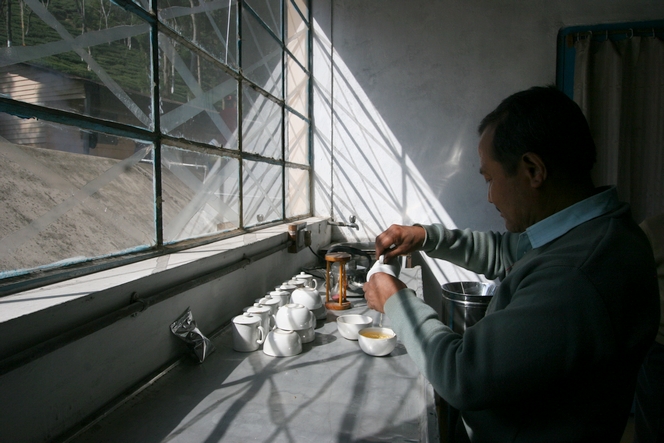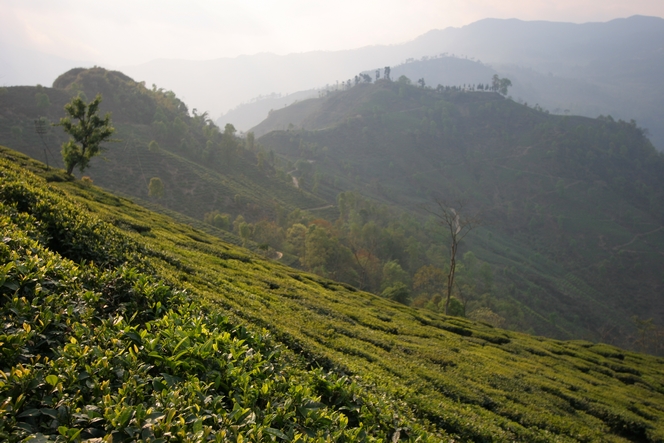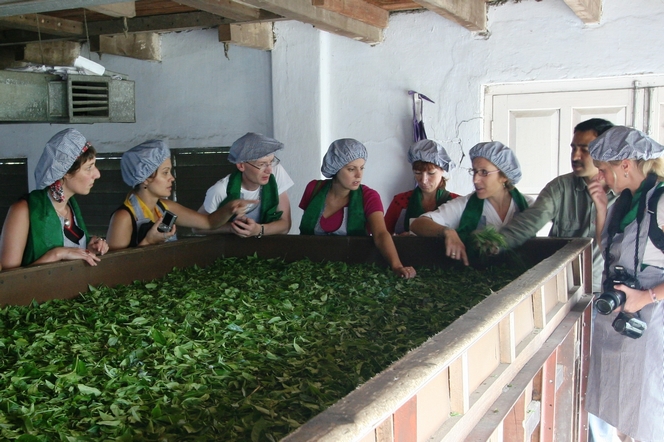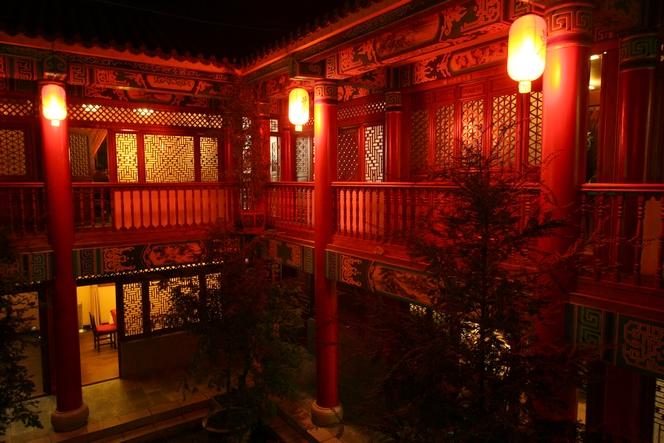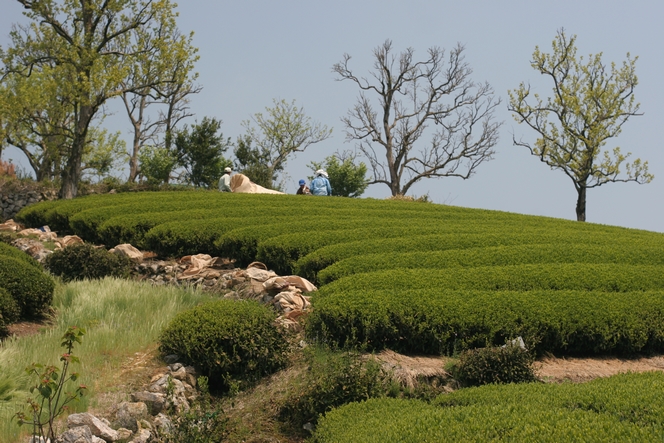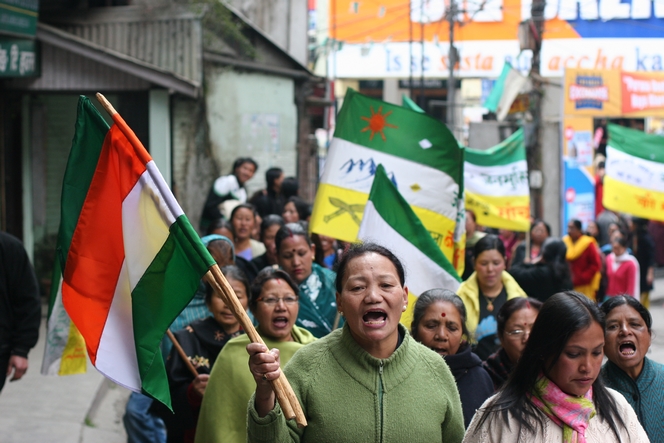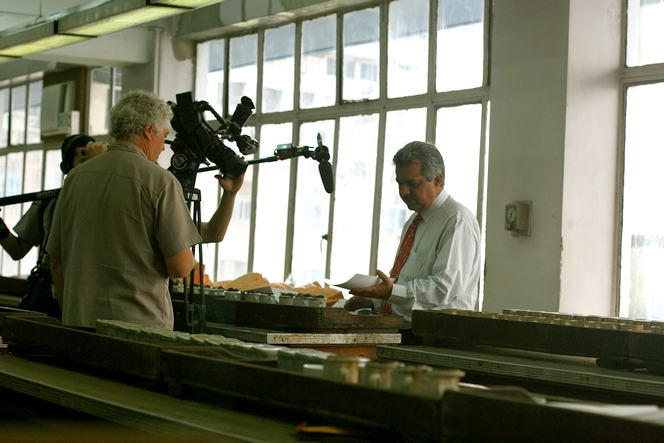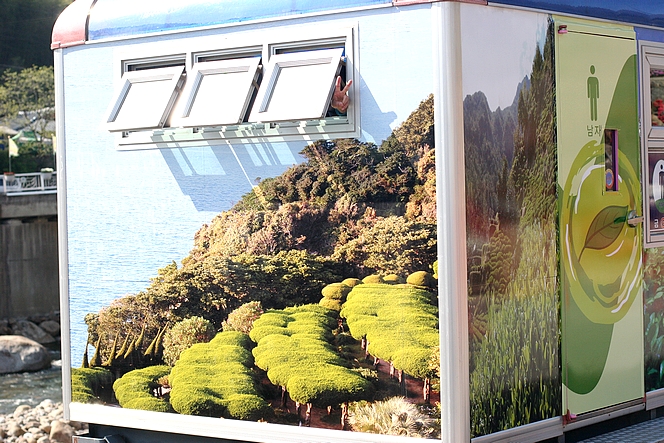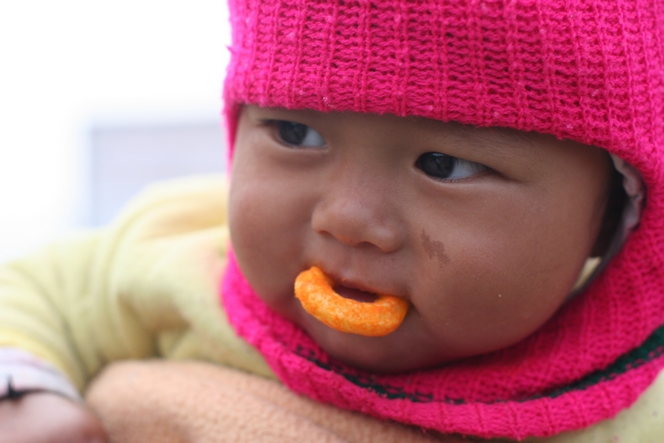I feel sad today. A guy, a political leader to be a little bit more precise, has been assassinated in Darjeeling. In facts, violence has been raging in Darjeeling for 30 years. Tension is often tangible. And blood sometimes flows.
To explain the problem to you in a few words and in a way that is much too brief, Darjeeling, where mainly Indians of Nepalese origin live, is located at the extreme north of the Indian State of West Bengal. In this particularly backed-off spot, roads are in a disastrous state, water is scarce, infrastructures are generally in an apalling state. Thus, many inhabitants of these mountains wish to create a new state called “Gorkhaland” within the Indian Union. And this, in order to stop keeping waiting for money that never comes from Kolkata and to enjoy an easier life like the Sikkim neighbour who depends directly from the Central State, namely Delhi.
I hope that they will be able to solve these problems using reason rather than violence. Couldn’t the inhabitants of Darjeeling be given normal life conditions, suitable roads, running water and some autonomy so that they can decide what is best for themselves?
Between political leaders who don’t do anything, those who are corrupted, those who make promises the day before elections and forget them the following day, those who divide instead of assembling and those who arouse masses, people would be in a grief to decide who to confine their destiny to.
I choose this adorable toddler, coiled up in his mother’s arms with his life in front of him, to wish Darjeeling, its mountains I love so much and these Nepalese people who are dearest to me, a better future.

